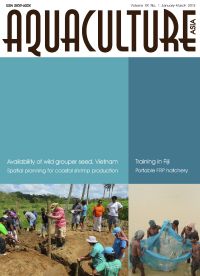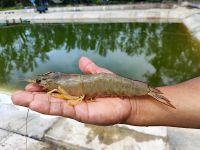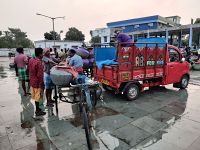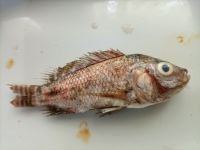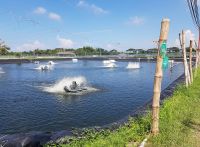Aquaculture Asia Magazine, October-December 2023
1 November 2023 | 12613 views | .pdf | 14.48 MB | Food Security, Safety and Certification, Genetics and Biodiversity, Health and Biosecurity, Shrimp, India, Thailand, Markets and trade, Ornamentals
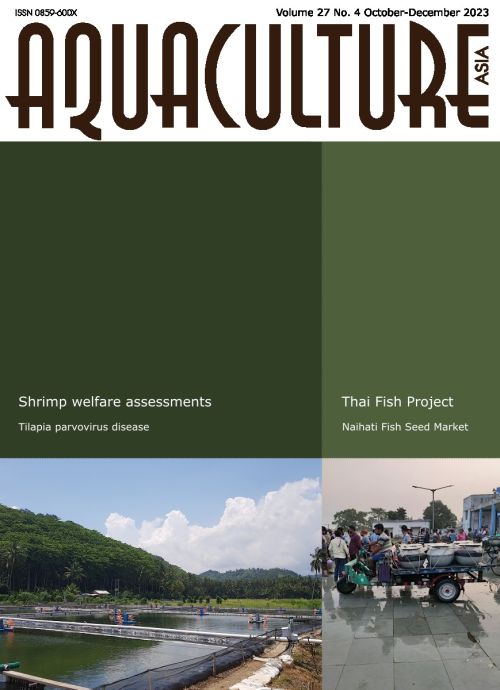
In this issue:
- How welfare assessments of farmed white leg shrimp (Penaeus vannamei) can benefit the whole industry
FAI Farms - Thai Fish Project: A path towards a sustainable aquaculture
Pakpitchaya Borvonsin, Izumi Tsurita, Jiraporn Charoenvattanaporn, Pitchaya Chainark, Suttinee Limthammahisorn, and Ikuo Hirono - Nationally-recognised ornamental fish breeder Kripan Sarkar - a man to remember
Subrato Ghosh - Tilapia parvovirus disease: An emerging threat for the tilapia aquaculture industry
Anirban Paul, Snatashree Mohanty, Samikshya Parida, Subham Biswal, Biplab Kumar Sandha and P.K. Sahoo - Naihati fish seed market as state-of-the-art for sustainable support services to fish growers, buyers and traders
R. N. Mandal, Arnab Ghosh, A. Hussan, D.N. Chattopadhyay, A. Das, B.N. Paul, S. Adhikari, F. Hoque, P.P. Chakrabarti, and P.K. Sahoo - NACA Newsletter
Creative Commons Attribution.
